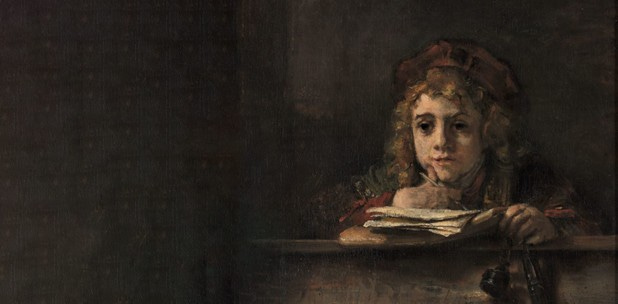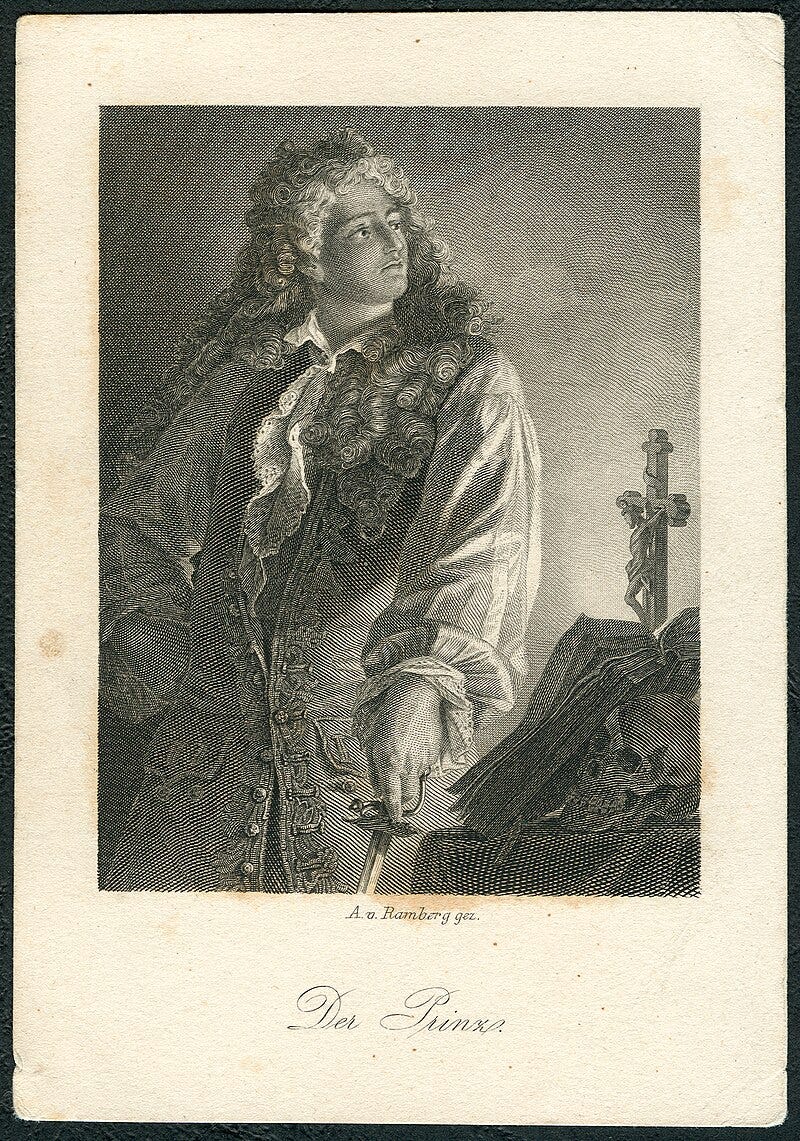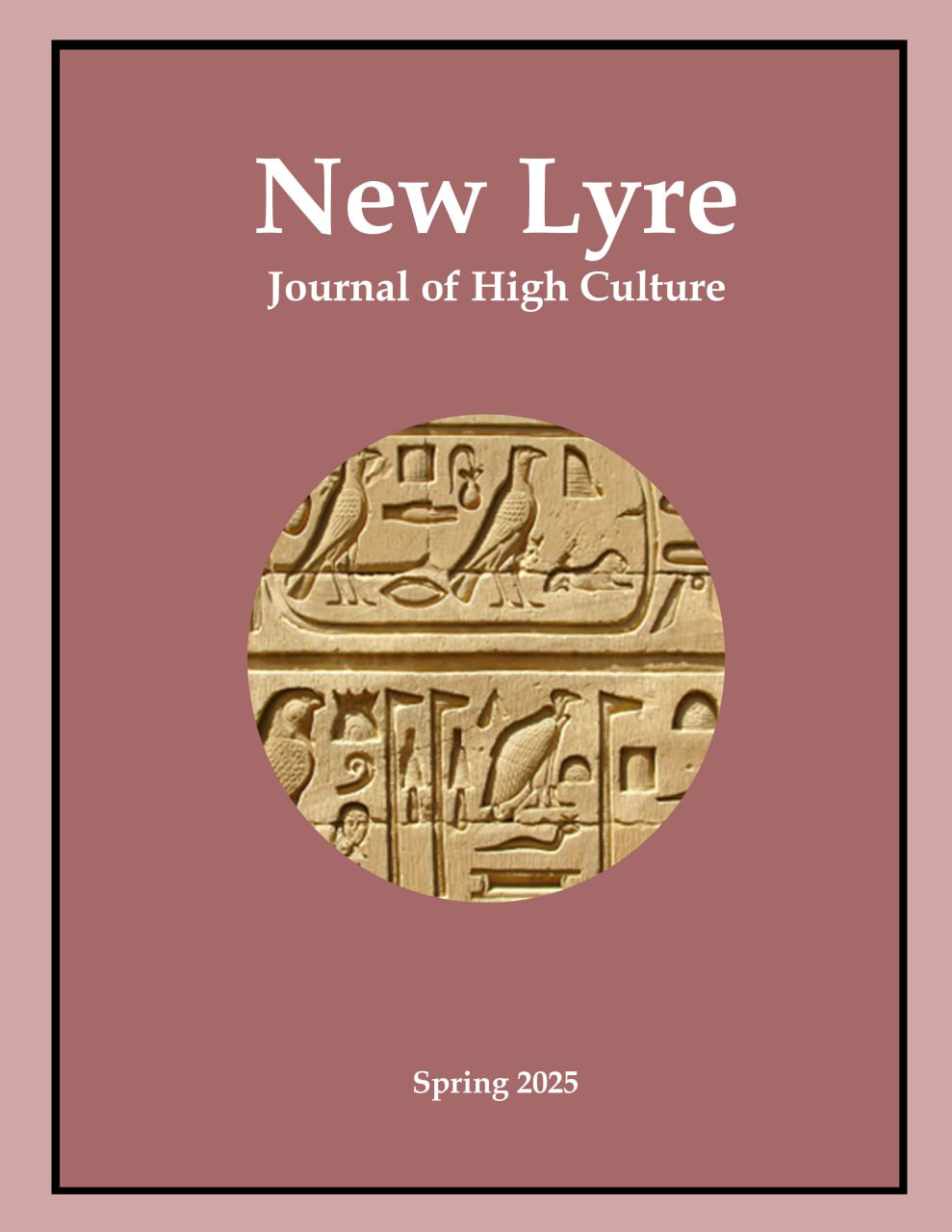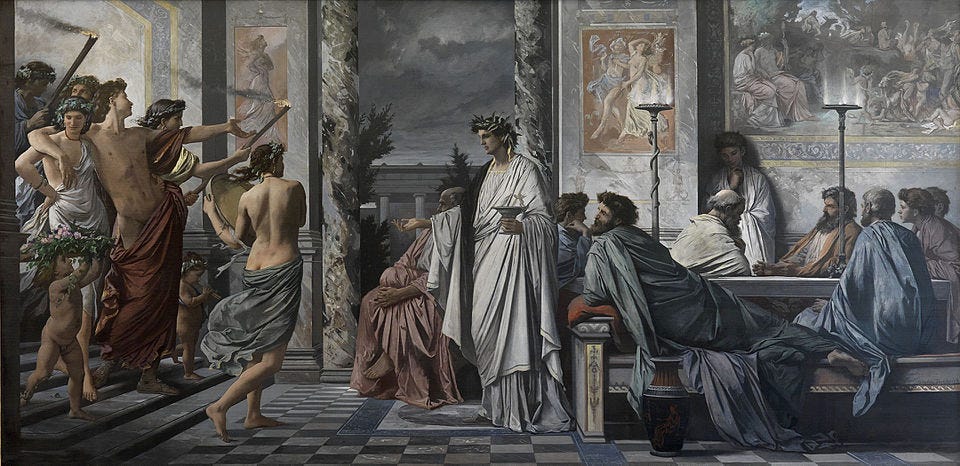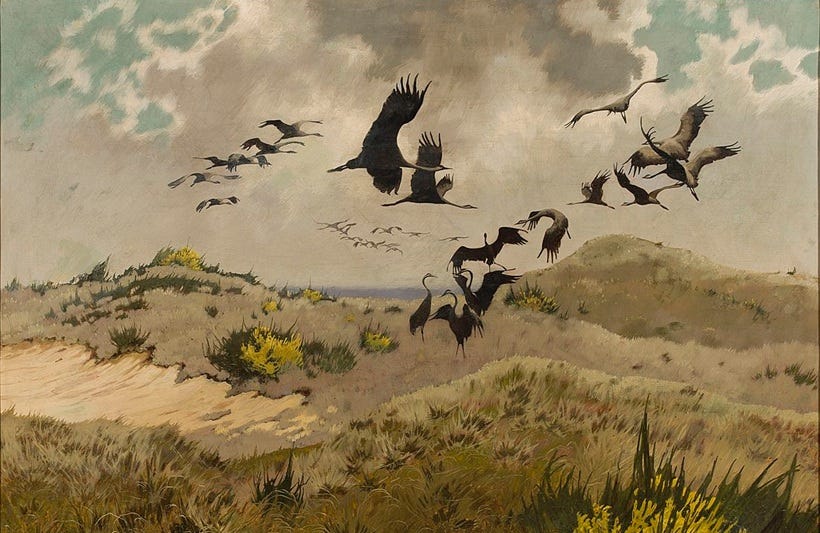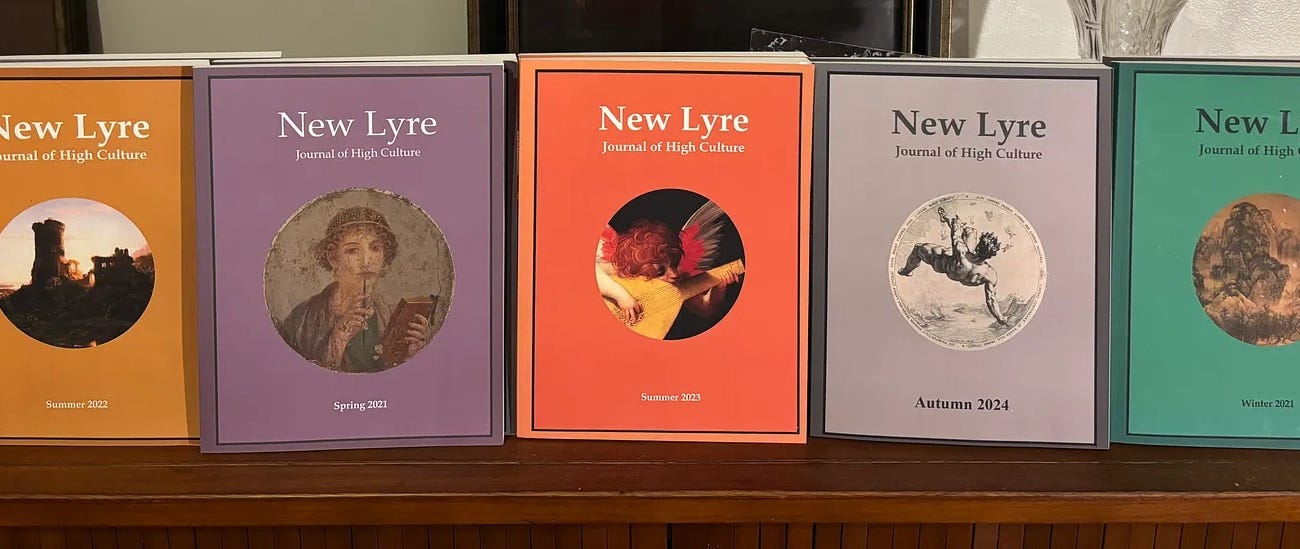The Playful Truth: Reflections on Schiller's "To A Young Friend (As He Dedicates Himself to Philosophy)"
By David Gosselin
Fortunate child! To you the crib is still a boundless space!
Become a man and see how small the boundless world becomes!
—The Child in the Cradle, Friedrich Schiller
In Schiller’s “To A Young Friend (As He Dedicates Himself to Philosophy)”, the poet recasts the Classical Greek ideal of honor, virtue and fortitude within the context of the most Herculean of all human enterprises—the quest for Truth.
A good number of Schiller’s poems deal with man’s attempt to wrestle with the monumental questions of Philosophy i.e. the love of wisdom. On several occasions, Schiller depicts younger, passionate souls who are sadly unprepared for the heroic task.
The consequences are fatal.
For instance, in Schiller’s novel The Ghost Seer a young German prince seeking the “peaceful quietude of a private life” wastes valuable time on superficial metaphysical speculations and leisurely study—only to find himself unprepared as he suddenly and mysteriously begins moving up the royal succession line.
Schiller writes:
“He read much, but without discrimination. As his education had been neglected, and, as he had early entered the career of arms, his understanding had never been fully matured. Hence the knowledge he afterwards acquired served but to increase the chaos of his ideas, because it was built on an unstable foundation.”
After finding himself in Venice for Carnaval, he begins receiving ominous news about relatives mysteriously perishing. As he moves closer and closer to becoming the heir apparent, shadowy political operators emerge. Lured into a labyrinth of political intrigue after a series of strange occurrences, he ultimately abandons his powers of discernment in favor of the magical and occult—having no other means of explaining the recent life-defining events. In reality, what he believed to be supernatural powers and inexplicable phenomena were simply the clever magic tricks of a seasoned Venetian intelligence operative.
From the “oracle” at Delphi to the Gnostic Simon Magus, the history of ancient civilizations and the early struggle of pre-Nicene Christianity is littered with stories of “magicians” performing magic tricks or showing off their “super powers” to beguile audiences, and ultimately win their faith.
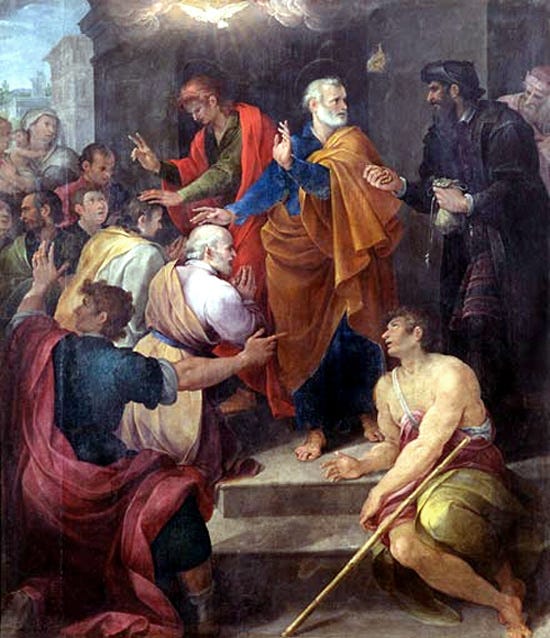
These “magical” arts were the stock-in-trade of those mystery schools that ruled from Ancient Egypt, Babylon, Persia and well into the Roman Empire. The medicine men, shamans and sorcerers of archaic civilizations are further evidence of how far back this ancient tradition goes—a tradition which continues to this very day.
In “The Veiled Image at Sais”, the neophyte can’t resist lifting the veil of absolute reality, which drapes a mysterious statue of Isis. Against the counsels of an old Egyptian priest, the boy throws caution to the wind, breaches the temple, and resolutely raises the veil. The next morning, he’s found lying unconscious beside the pedestal of Isis. The boy is traumatized for the remainder of his short life.
In this light, Schiller’s “To a Young Friend” offers a series of heroic counsels and sagely maxims which are usually only haphazardly considered by Truth seekers. Composed in a series of couplets in epic hexameter, the verses explore a subject which is daring and heroic in spirit, but cautionary in nature.
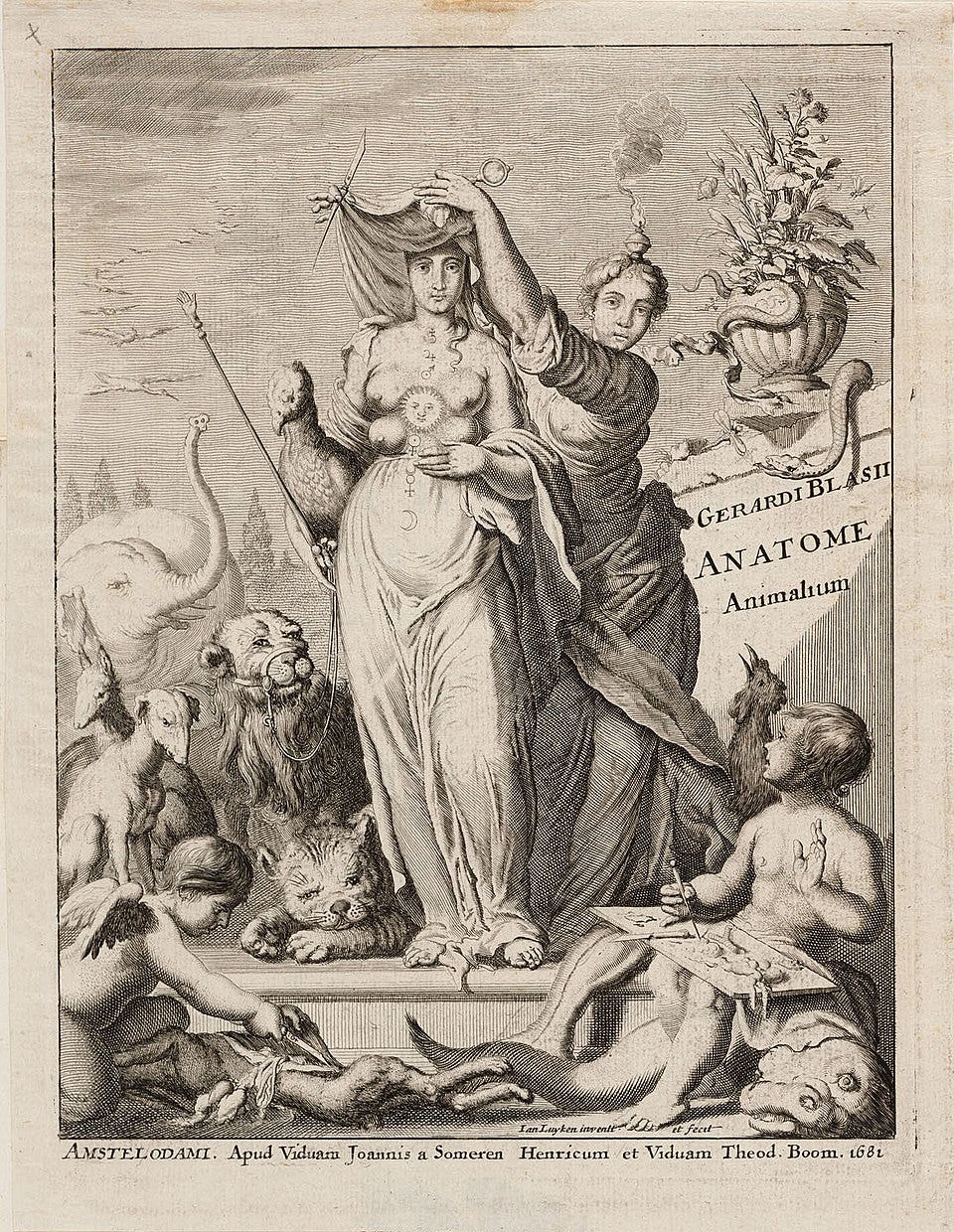
To a Young Friend (As He Dedicates Himself to Philosophy)
By Friedrich Schiller
The Grecian youth would have to overcome great enmity,
Before uncovering Eleusis’ deepest mysteries.
Are you mature enough to step within this sanctuary,
Where grey-eyed Pallas guards her hallowed wisdom’s treasury?
Are you aware of what awaits you there? How dear the prize?
That for uncertain greatness you must pay a certain price?
Are you resolved to bear life’s most exacting strife and woes,
Where heart and reason, sense and thought, must come to blows?
And are you strong enough to slay the everlasting beast,
The Hydra—doubt—to face the one within with manliness?
And with the shrewdest eyes, and playful innocence of youth,
To unmask all the fair illusions tempting you as Truth?
Step away if you cannot trust the guiding voice within!
Save yourself from the gulf, step away from the tempting brim!
Around the steps of those who sought the light, night’s often closed;
But in the gentle twilight, see how safely childhood goes!
Translation © David B. Gosselin
Like many of Schiller’s poems, “To a Young Friend” offers what we in modern speak might call a “teachable moment.”
Using images drawn from Classical Greek mythology, the poems describes the characteristics required of anyone hoping to wrestle with the higher questions of Truth and overcome the many chasms strewn along its way.
Perseverance and fortitude in the face of adversity and life’s monumental obstacles are emphasized. But can strength and determination of spirit alone overcome life’s most legendary pitfalls?
The poem’s conclusion cautions those who think so.
The discerning faculties required to appreciate what lies within the inner sanctum of Pallas-Athene’s temple—her “hallowed wisdom’s treasury”—involve preparation for situations, “Where heart and reason, sense and thought, must come to blows”. But how to prevail when neither strength nor reason alone suffice?
While self-determination and ambition are prerequisites for overcoming life’s greatest trials, the poem’s playful conclusion reminds us that night has closed around the footsteps of many ambitious individuals “who sought the light”.
So, what were they missing?
One of Schiller’s most famous maxims states that man “is only truly man when he plays.” But does that really mean having a Dungeons and Dragons-themed night with the boys or straddling monkey bars at your local playground? For Schiller, a man animated by a spirit of play never loses the wisdom of the naïve—of the childlike heart. Here, a childlike spirit ironically becomes the thing that carries men over life’s most perilous chasms. A purity of imagination and lightness of heart allows one to leap over the spiritual gulfs that consume all heavier hearts and souls.
One can also think of Schiller’s poetical resolution as the combined wisdom of two of the most memorable, but seemingly contradictory passages from Scripture.
In 1 Corinthians 13:11, Paul declares:
“When I was a child, I talked like a child, I thought like a child, I reasoned like a child. When I became a man, I put away childish things.”
Mathew 19:13 recounts Jesus stating:
“Truly I tell you, unless you change and become like little children, you will never enter the kingdom of heaven.”
Schiller integrates these two forms of timeless wisdom into a metaphorical poem which resolves the ostensible opposition between two kinds of genius: playful imagination and rigorous reason, a childlike heart and disciplined mind, or the Beautiful and the Sublime.
The spirit which matures to full-ripened manhood and preserves its childlike innocence will be able to play through life’s most complex dramas and imagine solutions in situations where the cold logician and positivism-addled mind can only despair and falter. Such spirits become capable of leaping over the seemingly infinite gulfs where many of history’s most determined visionaries and Truth seekers have fallen.
David Gosselin is a poet, researcher, and translator in Montreal, Canada. He is the founding editor of The Chained Muse and New Lyre Magazine. His personal Substack is Age of Muses, where he publishes historical deep-dives, original poetry and a variety of writings for a new renaissance.
Originally published by the Rising Tide Foundation
Forthcoming: New Lyre - Spring 2025
Read the latest
Schiller Against the Savages and the Barbarians, or the Art of Republics
“It is through beauty that one proceeds to freedom”
Keep reading with a 7-day free trial
Subscribe to The Chained Muse to keep reading this post and get 7 days of free access to the full post archives.




